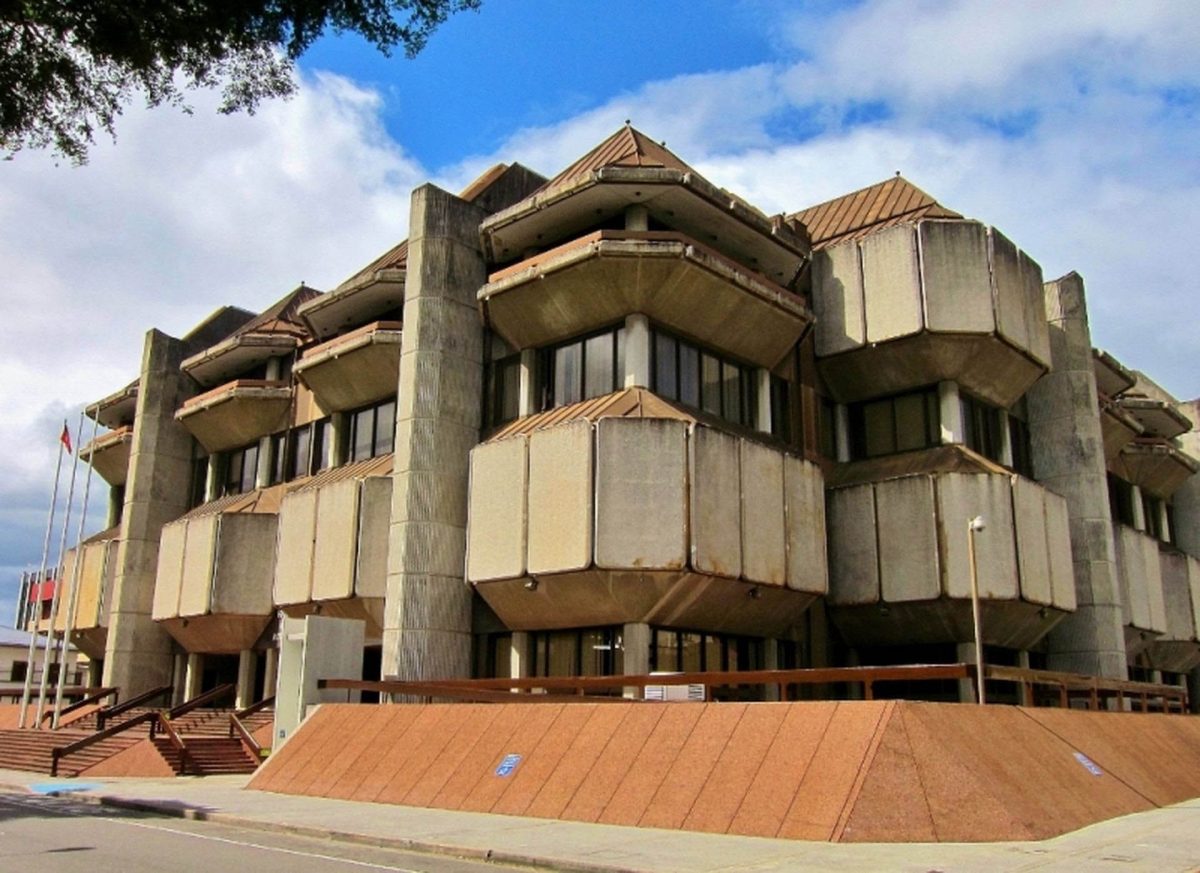(Trinidad Guardian) Judicial officers can now consider granting bail to persons charged with murder.
Delivering a written judgment during a virtual hearing, earlier yesterday, Chief Justice Ivor Archie and Appellate Judges Mira Dean-Armorer and Malcolm Holdip ruled that Section 5(1) of the Bail Act of 1994—which precludes the grant of bail for persons accused of murder—is inconsistent with the Constitution and should be struck down.
The appeal panel also ruled that segment of the legislation was not reasonably justifiable in a society that is concerned about the rights of citizens, and that it interfered with a core judicial function.
It also noted that the constitutional savings clause, which insulates pre-Republican legislation from review by a court, did not apply as there was no general prohibition to grant bail, to persons charged with murder, in 1976.
Senior Counsel Fyard Hosein, who led the State’s legal team, stated that his client wanted the judgment temporarily suspended as it was concerned that there would be a multitude of applications from hundreds of persons currently on remand for murder.
“The consequences would be very dire especially if one takes into consideration what is happening on the streets with gangs,” Hosein said.
In addition to the country’s current crime situation, Hosein suggested that the court also had to consider whether persons who benefit may reoffend or abscond from their eventual trials.
Lawyers representing former murder accused Akili Charles, who brought the lawsuit, and the Law Association of T&T, which supported it, did not object to the State being granted conditional leave to take the landmark case to the Privy Council but raised concerns about the outcome of the judgement being put on hold pending that final appeal.
Senior Counsel Anand Ramlogan, who led Charles’ legal team, dismissed Hosein’s concerns over the potential significant effect on crime.
“It doesn’t translate to an avalanche of successful bail applications,” Ramlogan said as he noted that judicial officers would have to consider the stringent criteria for bail under aspects of the legislation, which were not under challenge, before granting such.
CJ Archie agreed.
“There may be a floodgate, but the court will have to deal with them in a structured way given the resources it has… I don’t have the trepidation that the AG has,” Archie said.
“We are dealing with the constitutionality of the legislation. I don’t want to say too much but it cannot be suggested that a way of solving the crime problem is to put persons in detention, who enjoy the presumption of innocence,” Archie said.
After considering the issue further, CJ Archie and his colleagues invited Hosein to file submissions on the suspension application, which would be heard by them on March 3rd.






